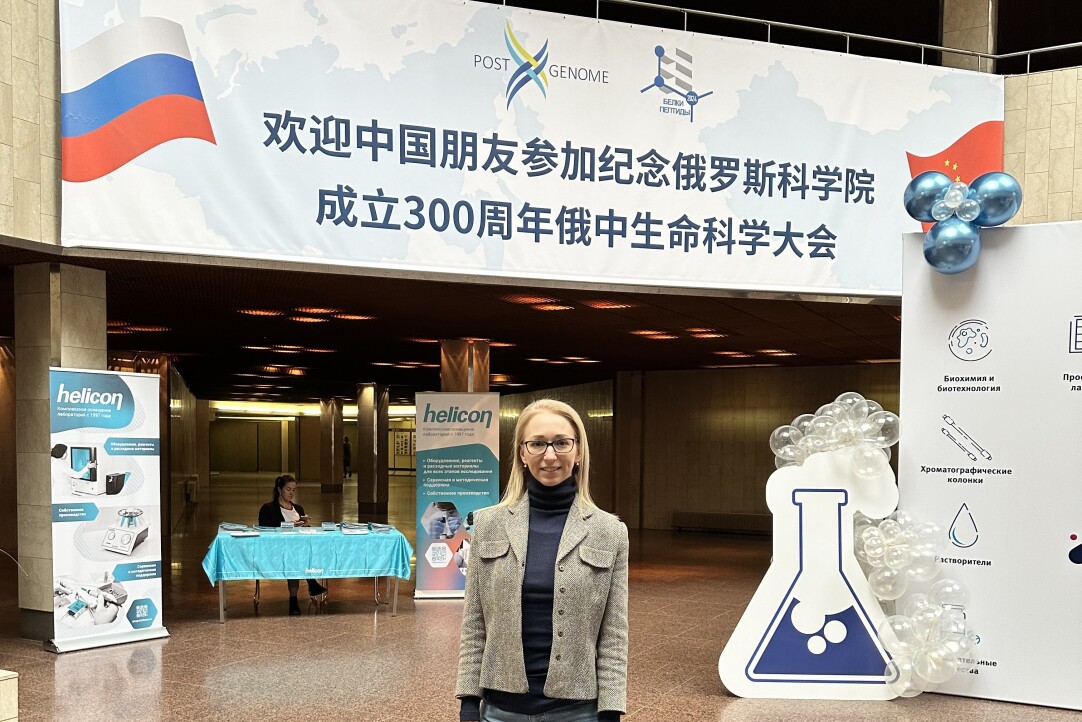
The staff of the International Laboratory participated in the International Scientific Forum
Three poster presentations were presented with the latest data of scientific research conducted in the laboratory
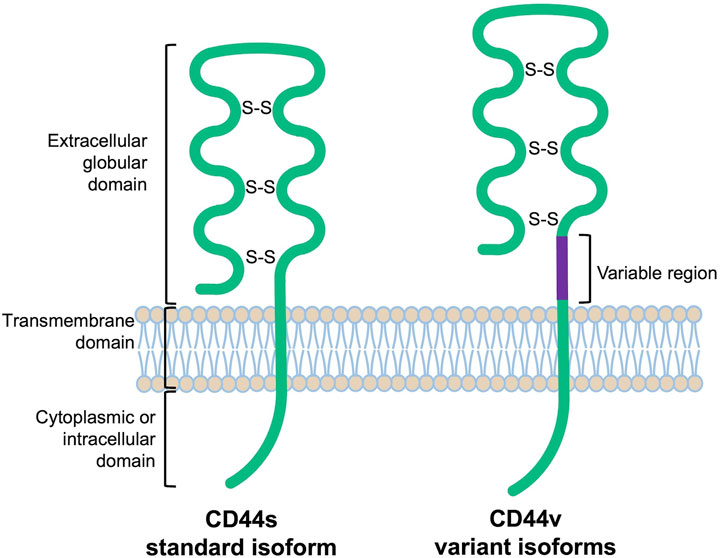
Members of International Laboratory of Microphysiological Systems published a new article in "Frontiers on Molecular Biosciences" journal
Article describes mechanisms the CD44 alternative splicing
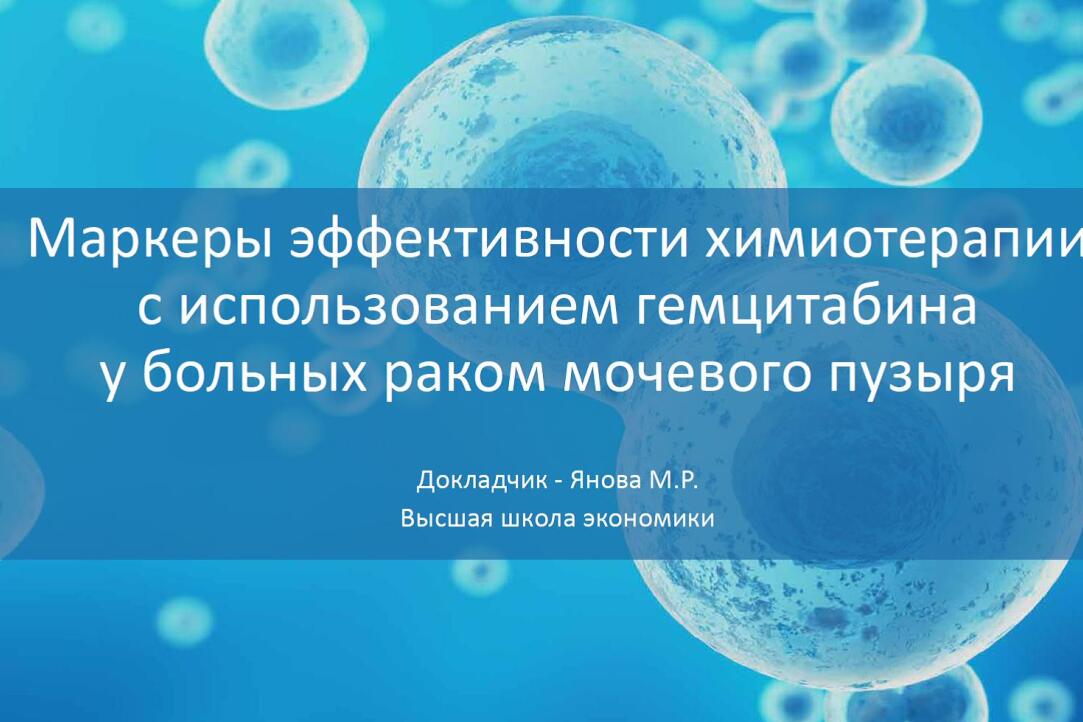
Laboratory researchers presented a report at the conference "Science-intensive Laboratory Technologies for Clinical Practice".
20 марта 2023 г. в рамках конференции «Наукоемкие лабораторные технологии для клинической практики» на секции, посвященной опухолевым маркерам сотрудница Международной лаборатории микрофизиологических систем Мария Янова выступила с докладом «Маркеры эффективности химиотерапии с использованием гемцитабина у больных раком мочевого пузыря».
The role of ELOVL5 and IGFBP6 genes in modulating the sensitivity of breast cancer cells to ferroptosis
Researchers from the Faculty of Biology and Biotechnology at the Higher School of Economics conducted a joint study with colleagues from National Medical Research Radiological Centre of the Ministry of Health of the Russian Federation, Center for Digital Biodesign and Personalized Health Care (Sechenov University) and Institute of Bioorganic Chemistry of the Russian Academy of Sciences, dedicated to the study of the link between low expression of the IGFBP6, ELOVL5 genes and lipid metabolism in breast cancer cells. The results of the study will be published in the journal Frontiers in Molecular Biosciences.
The Article «Specificity of Viscumin Revised. As Probed with a Printed Glycan Array» Accepted to Biochimie Journal
An article by the staff of the International Laboratory of Microphysiological Systems and collaborators from the Institute of Bioorganic Chemistry of the Russian Academy of Sciences 'Specificity of viscumin revised. As probed with a printed glycan array' accepted for publishing in Biochimie journal.

HSE University Launches Third Mirror Laboratories Competition
The competition is open to HSE University research units planning to conduct joint projects with academic institutions, research organisations and state academic centres of the Russian Federation. Applications are open until May 20, 2022.
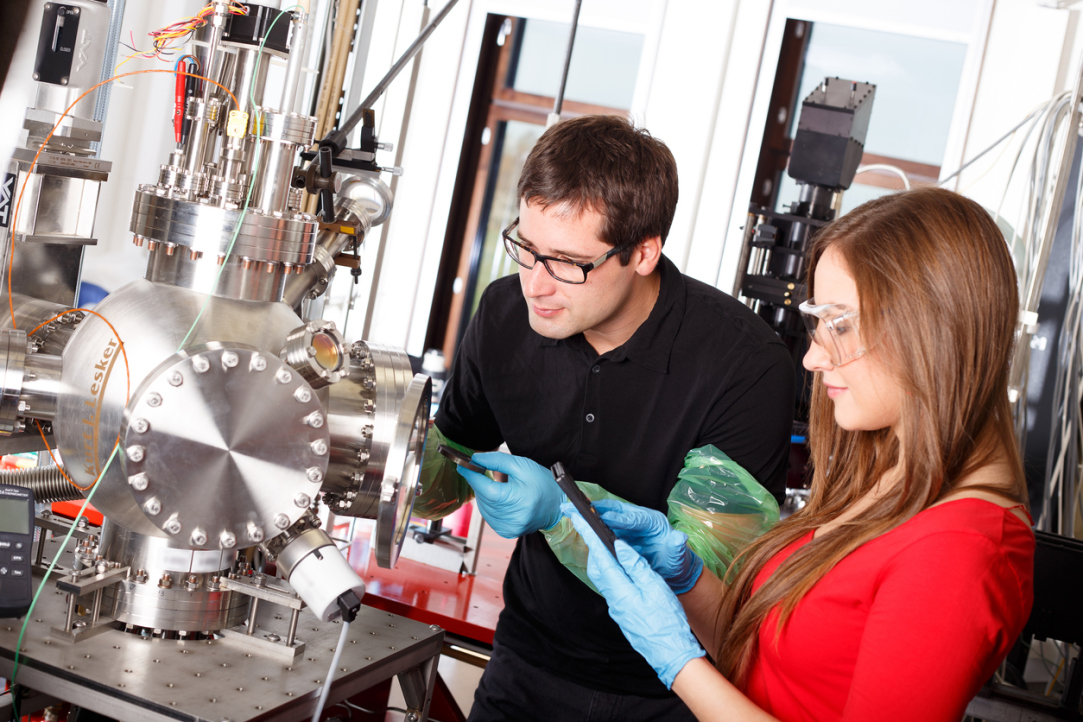
HSE University to Establish Four New International Labs
Two international laboratories will be created at the HSE University Institute of Electronics and Mathematics, one at the Faculty of Geography and Geoinformation Technology, and one at the Faculty of Biology and Biotechnology. The four projects were selected from a total of 17 applications.
Members of the International Laboratory of Microphysiological Systems and the Laboratory of Molecular Physiology participated in RECOMB 2021
25th International Conference on Research in Computational Molecular Biology (RECOMB 2021) was held online on August 29th - September 2nd. Staff of the Faculty of Biology and Biotechnology - Stepan Nersisyan, Alexey Galatenko, Diana Maltseva and Alexander Tonevitsky participated in a poster session with the report 'miRGTF-net: Integrative miRNA-gene-TF network analysis reveals key drivers of breast cancer recurrence'
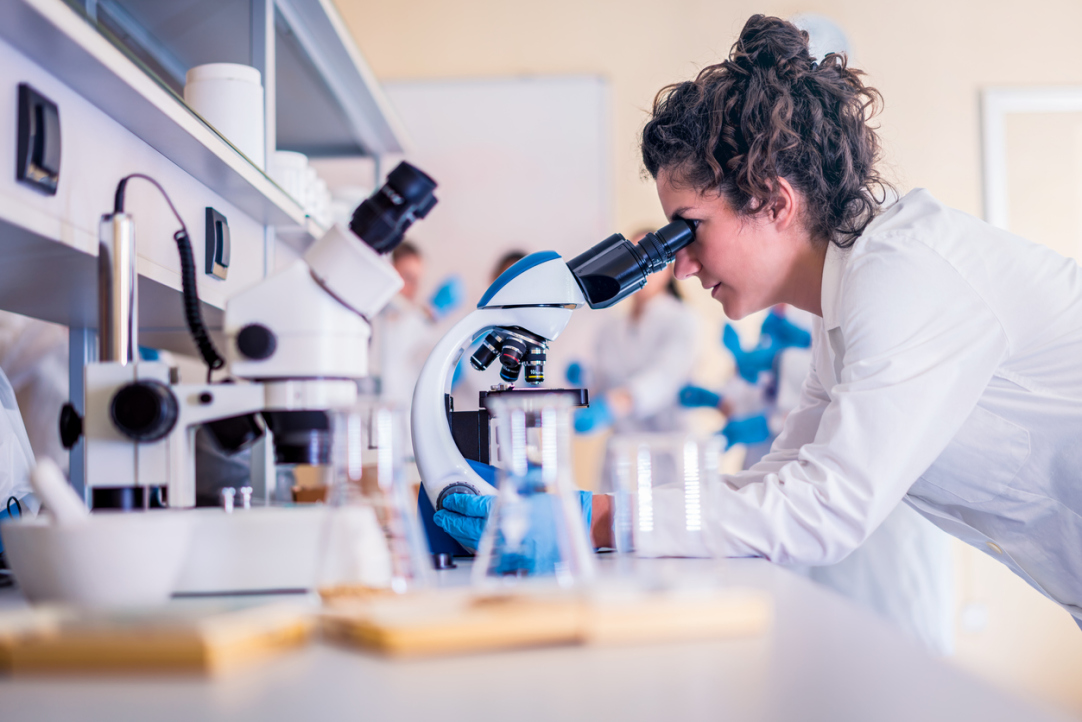
HSE University Invites Leading Researchers to Experimental Research Laboratory Competition
HSE University has announced an open project competition to create experimental research laboratories in the natural sciences. The competition is open to research projects in the fields of biophotonics and ageing (biology, physiology, biomedicine, biostatistics, and bioinformatics.)
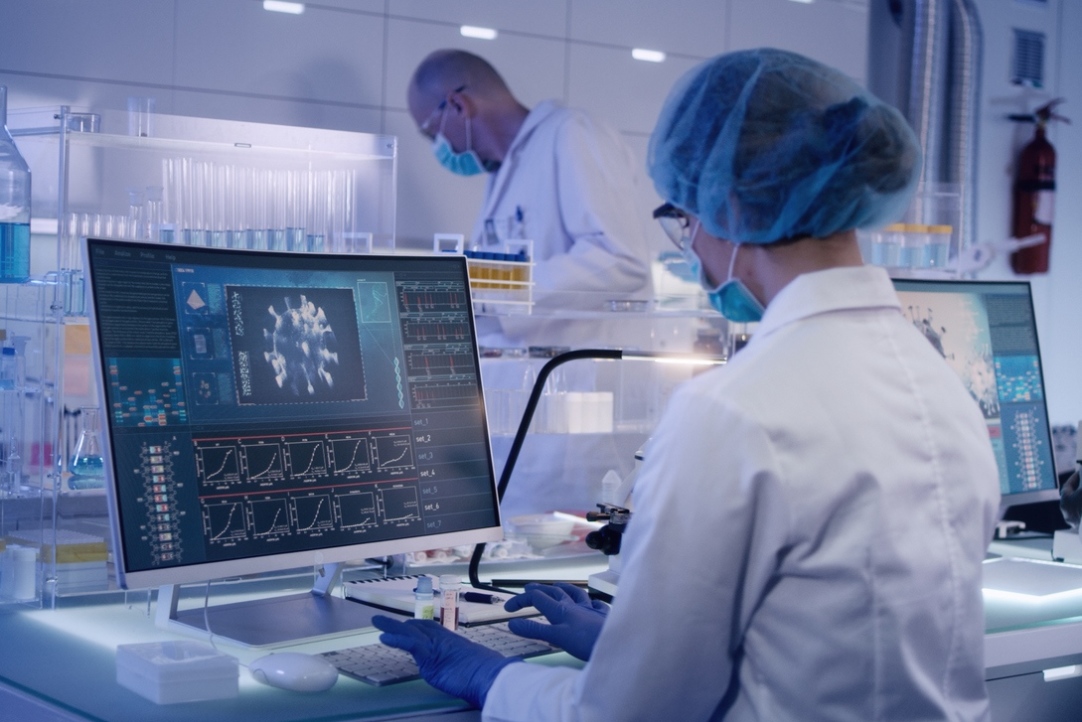
Russian Scientists Investigate the Immune Response to SARS-CoV-2 Variants
HSE University researchers assessed the effectiveness of the T-cell immune response to 11 variants of SARS-CoV-2. Their findings have been published in Nucleic Acids Research.
